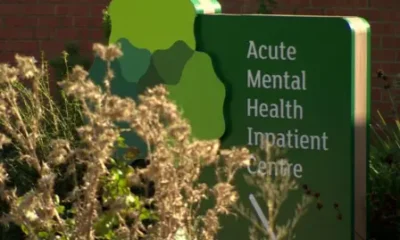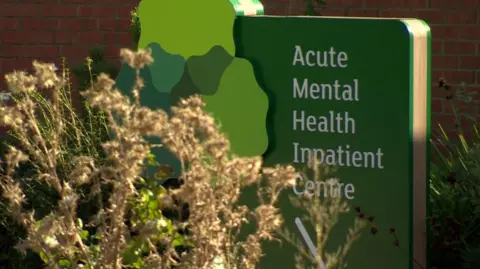IMMIGRATION OFFICIALS REFUSED to grant visas to a Palestinian GAA club for a visit to Ireland this summer due to fears they would not leave the country, The Journal can reveal.
GAA Palestine, who were due to travel to Ireland from the West Bank in July, were told at the time that their visa applications were refused due to “insufficient documentation” by the Irish Immigration Service.
The group had plans for 47 Palestinians, including 33 children aged between nine and 16 years of age, to travel to Ireland.
The tour was due to kick off on 18 July, and had garnered major support from Irish host families who were to welcome the Palestinians into their homes, and from clubs that had been fundraising to help finance the trip.
Organisers said at the time that they were “devastated” by the decision to award visas, and disputed the Department of Justice’s claim that they did not sufficient documentation for their applications.
Letters sent by the Embassy of Ireland in the State of Israel to visa applicants told the Palestinians that the embassy didn’t have enough information on the applicants’ plans or financial plans for how their visit would be facilitated.
It further said that no Garda vetting certificates for host families were submitted, and that invitation letters from host families weren’t provided, among other issues the embassy identified.
However, internal Department of Justice documents seen by The Journal now reveal that officials instead had bigger concerns that the group would not return to Palestine if they were allowed into Ireland.
The issue came up repeatedly in high-level emails and briefings from the time, which have been released under the Freedom of Information Act.
One official wrote to Minister for Justice Jim O’Callaghan’s office on 4 July – days before the decision was made public – to say that the visas would be refused “due to the quality of the applications and, principally, the risk of overstay”.
The email was released under the Freedom of Information Act, along with a briefing note explaining about the application process from the same date.
The note described the quality of visa applications from the GAA club as “poor”, claiming that some application forms were “not signed”, that some lacked translated identification documents, and that certain details on the visas did not match those on passports.
It further claimed there was “little to no” supporting information about adults travelling with the group, such as evidence of employment or “financial evidence”, and “nothing in terms of obligations to return”.
Under a heading titled “policy concerns”, the document said that the applications undermined an obligation on the applicants to return to Palestine, because there was “little evidence” of employment or income that would “show a strong reason to return”.
It outlined “logistical issues” that could impede the return of the group to the West Bank, including a requirement to get exit and re-entry approval from Israeli authorities.
“The three groups above represent 102 individuals, the vast majority of which are unaccompanied minors, very few of whom seem to be travelling with any family members,” the briefing document states.
“The risk and costs to the State are significant if any one of the proposed parties doesn’t abide by the conditions of their visa.”
Officials outlined an example of two children from Gaza who claimed asylum in Dublin Airport after travelling here for a series of football matches in 2018.
They also said the visit of the Palestinian Women’s National Team to play Bohemians in a friendly match in 2024 met with “full compliance”, noting that the trip was “State sponsored with some of the Palestinian players European based”.
All the players were deemed to have filled out the correct documentation, while none overstayed their visa.
























































